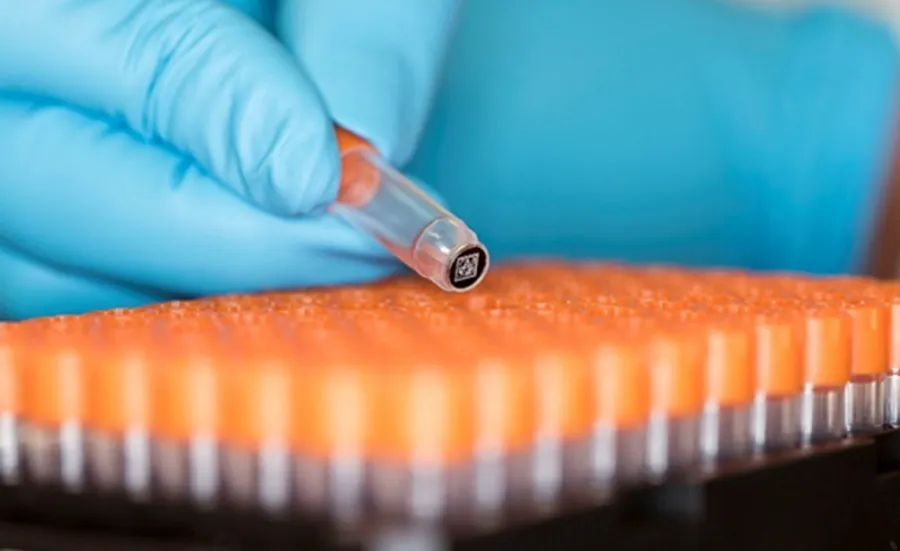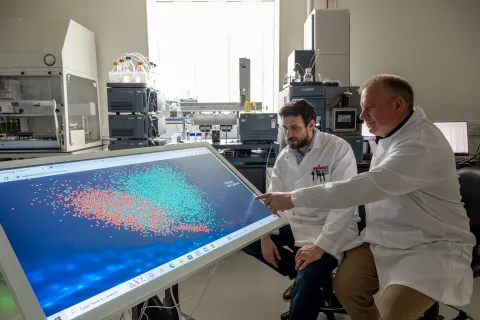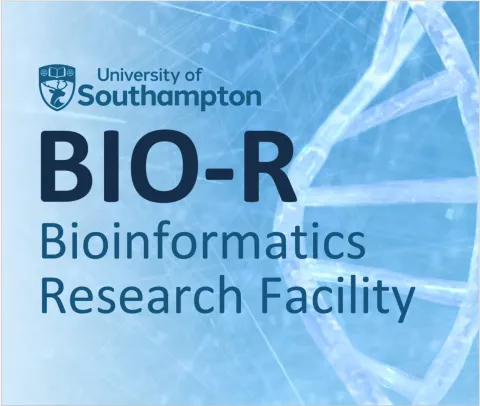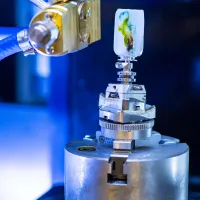BiOmics

Technological advances have allowed scientists to gather large amounts of data about a vast array of species, organisms and single cells. Our researchers are using mathematical modelling, machine learning and other algorithms to extract information and patterns from large data sets to further our understanding of disease.



